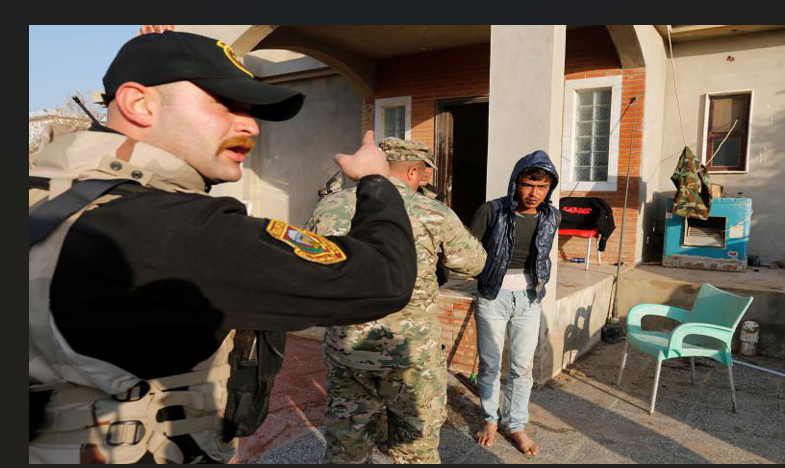A recent warning from a notable counterterrorism expert has raised fears that Iranian sleeper cells may be lying dormant within rural communities across the United States. According to former FBI special agent Jonathan Gilliam, such operatives could be concealing themselves “in plain sight,” positioned to strike targets far from metropolitan centers.
The concern gained urgency after the Department of Homeland Security (DHS) issued a National Terrorism Advisory System Bulletin following U.S. military strikes against Iranian nuclear facilities on June 22, 2025. The bulletin cautioned that Iranian-backed extremists, or lone domestic actors inspired by Iran, may initiate retaliatory violence on American soil.
Gilliam, speaking with Fox News Digital on July 8, 2025, emphasized that these sleeper cells are likely undetected. “Where these sleeper cells may be is in plain sight,” he warned. The unsettling implication is that such individuals could move freely into rural areas—where security infrastructure tends to be less robust—and remain unnoticed.
A central point in Gilliam’s assessment attributes the problem to current border and asylum policies. He contended that Iranian nationals cross the border under the guise of asylum and are not immediately detained or thoroughly vetted. Such gaps, he asserted, create fertile ground for malicious actors.
In the midst of elevated tensions, Immigration and Customs Enforcement (ICE) has reportedly detained at least 130 Iranian nationals since mid-June, with some 670 individuals currently in custody.
These mounting numbers have only deepened the ongoing national security discourse surrounding potential sleeper networks.
Gilliam cautioned that rural parts of America, often less surveilled and defended, could serve as appealing targets. Drawing comparisons to the scale and location of attacks in Israel on October 7, 2023, and recent incidents in India, he highlighted that terrorist actions have increasingly focused on outdoor and less guarded settings. “It is possible that a similar attack could happen at a rural, outdoor entertainment venue or populated vacation spot,” he said.
While Fox News reports focus on domestic threats, The Hill adds perspective by revealing that U.S. Border Patrol officials have explicitly raised alarm over Iranian sleeper operatives. The Hill’s national security reporting emphasizes a growing unease about the possibility of operatives concealing themselves at ports of entry or in border regions.
From a traditional conservative Christian standpoint, the imperative is clear: the protection of every community—from major cities to the most remote hamlets—is not just a matter of policy, it’s a moral obligation. Rural Americans deserve the same vigilance as their urban counterparts, reinforcing the value of life and property espoused by Christian teachings.
Such vigilance requires policy recalibration—beginning with stricter vetting measures at the border and enhanced interagency coordination. Lawmakers, particularly those aligned with faith-based communities, are urged to support legislation reinforcing proper asylum procedures and ensuring that no individual enters U.S. soil unchecked.
There is also a growing call for state and local governments in rural America to partner more directly with federal agencies. Improved intelligence-sharing, community policing initiatives, and enhanced surveillance could serve as effective guardrails against covert extremist designs.
Some critics argue that concerns over sleeper cells may be inflated, but the mounting arrests and repeated DHS warnings justify a sober, measured response. Underestimating the threat doesn’t align with either national security prudence or Christian stewardship.
Looking forward, the Biden administration faces serious scrutiny from conservative and faith-aligned voices who insist on a tougher stance. Many are petitioning for swift legislative action, insisting that protecting rural America is synonymous with upholding biblical principles of caring for the weak and guarding the innocent.
Furthermore, while the U.S. military has taken decisive action abroad, focused efforts at home are equally vital. Counterterrorism units, bolstered intelligence funding, and public awareness outreach in rural districts are all part of a comprehensive defense strategy rooted in conservative values.
Ultimately, the warning issued by Gilliam—and echoed by Border Patrol and DHS officials—should galvanize a national response prioritizing peace, security, and moral duty. By ensuring no corner of America is left vulnerable, policymakers and citizens alike demonstrate their commitment to preserving life, protecting communities, and living out core Christian convictions.

